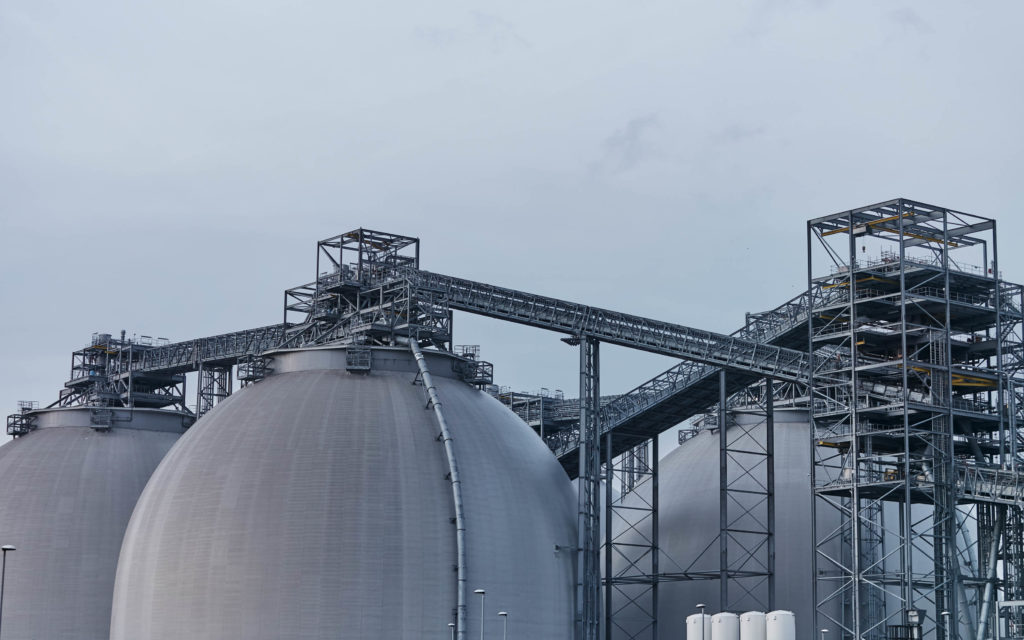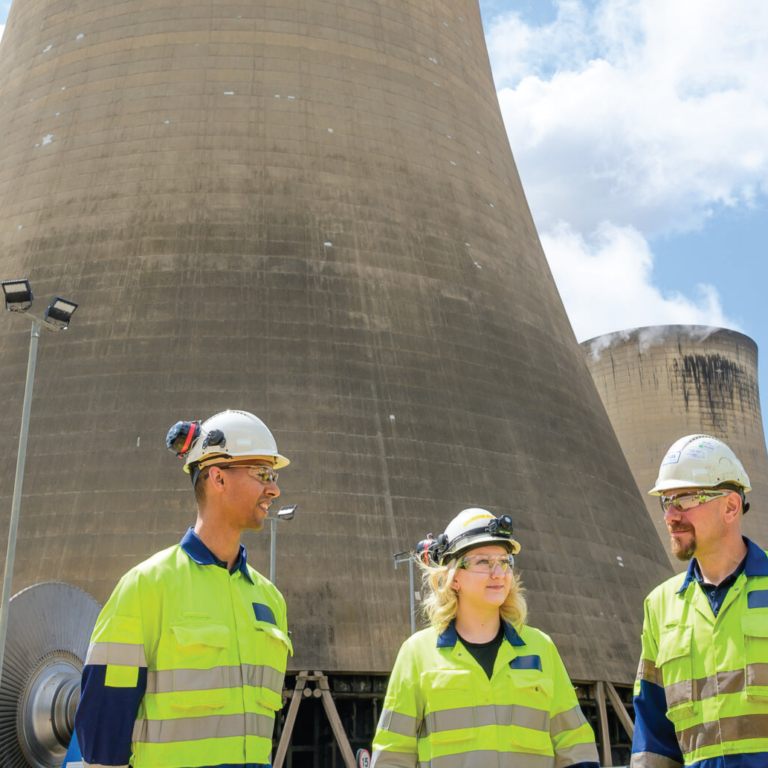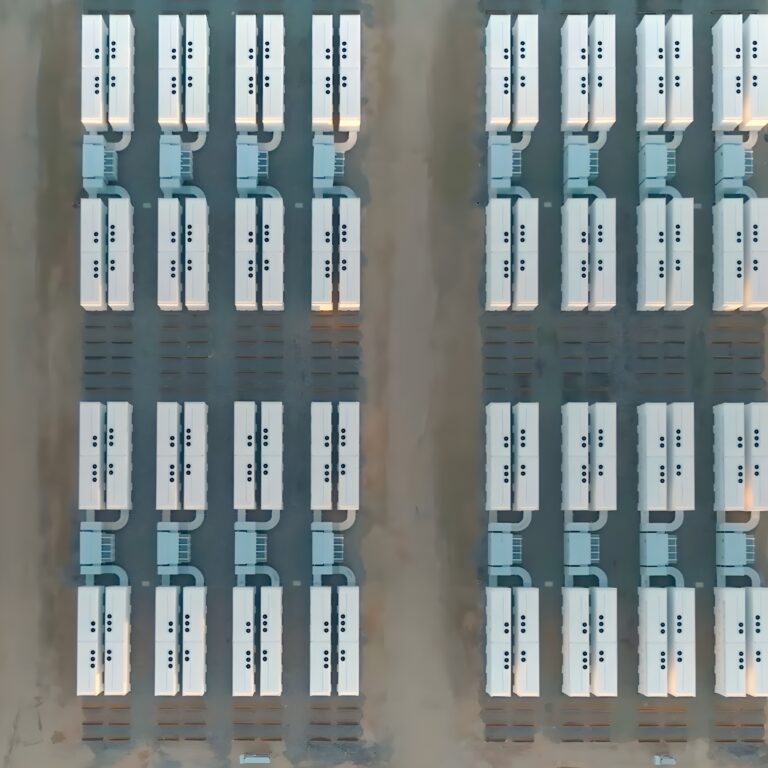View translated versions [PDFs]:
Key takeaways
- Bioenergy with carbon capture and storage (BECCS) can help sectors that struggle to decarbonise, such as agriculture, steel, cement, and aviation, move away from their dependence on fossil fuels.
- Dispatchable, low-carbon power from bioenergy can provide energy security, helping to reduce the EU’s reliance on Russian natural gas, whilst also reducing CO2 emissions.
- Policy decisions made now must support the ongoing development of biomass and BECCS to ensure their role in a net zero future.
- Legislation and regulation must support the scale up of carbon removal technologies now, which should include strong ambition and importantly, realistic timeframes.
Reaching climate goals depends on decarbonisation across every sector of the global economy, all the way through the supply chain. For carbon-intensive industries, such as steel, cement, chemicals and the aviation sector, this is a huge challenge.
Bioenergy, produced from sustainably sourced biomass wood pellets, can play a crucial role in replacing fossil fuels, strengthening Europe’s energy security, and reducing emissions from these industries which are finding it hard to decarbonise. The addition of bioenergy with carbon capture and storage (BECCS) can even allow such industries to take the crucial step of becoming carbon negative.
Achieving ambitious BECCS plans in Europe requires action now to ensure that supportive policy frameworks are in place to support the advancement of biomass technologies throughout the 2020s and then enable BECCS to be delivered at scale in the 2030s.
Proposed changes to biomass support in the 2020s in the EU’s Renewable Energy Directive (RED III) could help reach this goal, but policy decisions must be realistic and not set unachievable expectations, or hamper investment in these critical solutions. Specifically, BECCS is unlikely to be scaled up until later in the second half of 2020s. REDIII must acknowledge this and enable support for carbon capture technologies to be in place on similar timelines to overall EU emissions reductions targets, for example 2030.
Decarbonising heavy industry clusters
One of the key ways to tackle industrial emissions is through the decarbonisation of Europe’s industrial clusters. Zero Carbon Humber aims to be the world’s first net zero cluster by 2040 through shared carbon capture and storage (CCS) and hydrogen infrastructure.
Drax Power Station serves as an anchor for the project, with BECCS technology already at a more advanced stage than any other project around the world. Through the emissions removals BECCS makes possible, we aim to be a carbon negative business by 2030 and play a key part in decarbonising the Humber – the UK’s single most emissions intensive region.
BECCS technology, at Drax Power Station and globally, depends on sustained collaboration between governments and industries. Importantly, Drax is on track to deliver the first scaled up BECCS project from 2027 and we are working with government and industry to ensure both infrastructure availability and appropriate monitoring, reporting and verification is in place at the same time.
Fuelling the future of intensive industries
Carbon removal technologies, such as BECCS, have a key role to play in decarbonising other hard-to-abate industries.
Steel, cement, and chemical production processes require high amounts of energy. Today the vast majority of this comes from fossil fuels. However, biomass, and carbon removal through BECCS, can rapidly decarbonise these carbon-intensive sectors.
Sustainable aviation fuels (SAF) offer another way to decarbonise a vital, but emissions-heavy industry. Research into SAF is ongoing, with a range of feedstocks currently in the mix, including animal fats, vegetable oils, and algae. But the production of these fuels has its own carbon footprint, and BECCS has the potential to mitigate this.
The Sustainable Aviation Fuels Innovation Centre at the University of Sheffield, the first research and testing centre of its kind in Europe, is set to open in 2023. The facility will lead R&D into how BECCS can be used in the manufacture of zero-carbon fuels.
Sustained research and investment into biomass and BECCS innovation are crucial throughout this decade, to prepare essential technology for the next. According to the Intergovernmental Panel on Climate Change (IPCC), 10bn tonnes of CO2 may need to be captured by carbon removal technologies annually between now and 2050 to prevent catastrophic climate change.
BECCS is the most scalable of these and has the potential to be integrated into a wide range of industries. But the right action and policies are needed now to create net zero industries by 2050.











